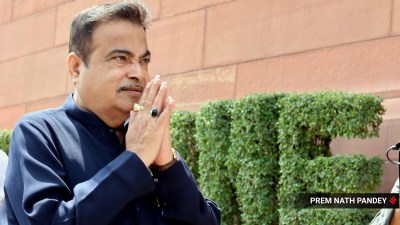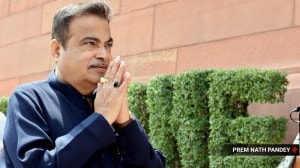Judges, editor debate some pressing issues
MUMBAI, MARCH 6: A workshop organised by the Bar Council of Maharashtra to highlight the rights, privileges and duties of the press turne...

MUMBAI, MARCH 6: A workshop organised by the Bar Council of Maharashtra to highlight the rights, privileges and duties of the press turned into a war of words with Dr Arun Tikekar, Loksatta editor, on one side and Justice B N Srikrishna and Justice P B Sawant, the chairman of the Press Council of India, on the other.
Justice Sawant set the stone rolling with his inaugural address in which he spoke of various excesses that land the media in trouble in court. He claimed that at times the press goes overboard while reporting on an important case on a daily basis. quot;A running commentary, or a parallel trial, is not in the interest of administration of justice,quot; he said.
Justice Sawant also said that even though the fourth estate had the right to criticise any judgment, it could not in any way attribute motives to the judge or deem him incompetent. According to him the attribution of motives were the main cause of various contempt of court cases filed against the press. quot;But judges should also take care not tobe oversensitive to personal remarks which appear in papers,quot; he said, referring to an incident in Britain where two judges refused to take action against a tabloid which called them quot;old foolsquot;.
Though the inaugural address went on for over half-an-hour, the other speakers were not given more than ten minutes each by Justice Srikrishna, citing lack of time. This did not go down well with Dr Tikekar who had asked for an equal amount of time for his presentation. His demand for more time being disallowed, Dr Tikekar refused to take the dais, quot;donating the time for the question-answer sessionquot;. But when the time of the meeting was increased by an hour, Dr Tikekar launched into a scathing attack on the judiciary.
According to Tikekar, when it came to criticism and analysis of judicial actions by the press, the judiciary showed intolerance and found its own way of containing the editors. quot;In my eight years as the editor of Loksatta, I am by now at least a hundred cases old,quot; he remarked. Citing incidentswhere he suffered at the hands of the judiciary, he held the courts partly responsible for loss of time and accused them of being highhanded in their approach towards editors.
quot;In a country whose motto is Satyameva Jayate, does not the verdict truth cannot be the defence8217; in cases of contempt of court look awkward?,quot; he asked. Dr Tikekar called for greater tolerance and understanding by the judiciary towards legal reporting. Justice Srikrishna chose to reply to Tikekar8217;s tirade in his concluding address. He said Satyameva Jayate was being quot;interpreted wronglyquot; by many experts and that truth should be told, taking into consideration the interest of the society.
- 01
- 02
- 03
- 04
- 05






























